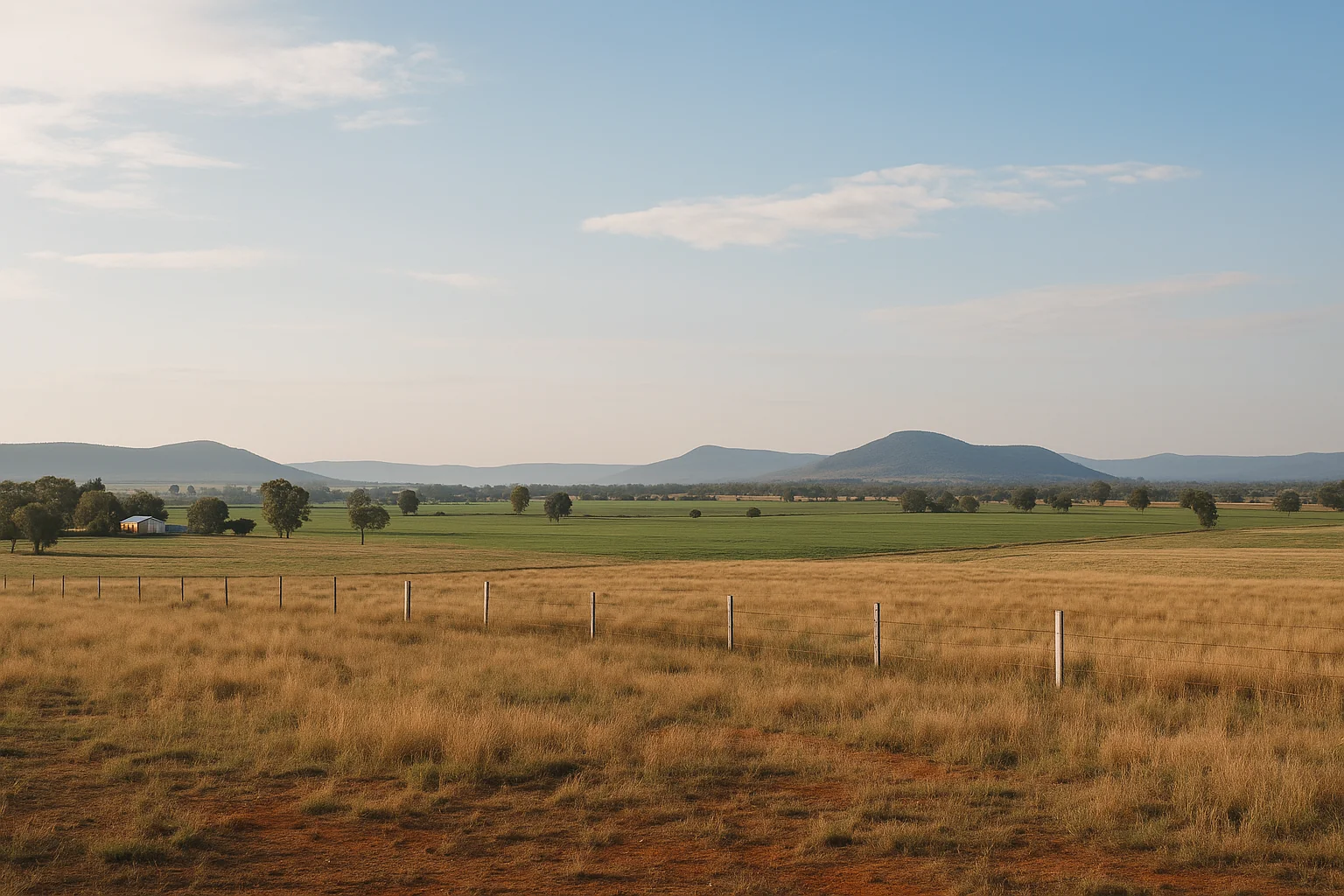
- Home
- RELA Q&A: Safeguarding Farms, Planning Ahead & Navigating Renewables
RELA Q&A: Safeguarding Farms, Planning Ahead & Navigating Renewables
In this edition of the RELA Q&A Series, we speak with Andrew Aitken – one of Australia’s most experienced estate and succession planning lawyers and a long-time advisor to landowners navigating renewable energy opportunities. Andrew kindly shares practical legal insights on succession, risk and the importance of structured agreements that protect both land and legacy.
Can you start by sharing a bit about your background and how your journey in law began, particularly in the agricultural and rural sectors?
I’ve worked in law for many years, focusing on Commercial law, Property, Wills, Estates, and Succession Planning. We have always had a large rural practice and rural clients liked the confidentiality that a city lawyer provided. I have been interested in helping landowners navigate complex legal issues, particularly as new opportunities like renewable energy emerge, since this industry first started in Australia.
How has the landscape of estate planning evolved over the past decade, particularly concerning agricultural properties?
Succession planning is now more structured, with landowners recognising the need for early discussions. The importance of protection and how to structure with a long-term view (not merely short term or solely tax driven view). Rising land values and new income streams like renewables have made estate planning more complex, requiring a long-term approach.
What are the most common challenges farmers face when planning for succession, particularly when incorporating renewable energy projects, and how can they proactively address them?
Balancing family interests while keeping the farm viable is key. Renewable energy adds complexity, so it’s important to have clear agreements, involve all stakeholders early, and align contracts with long-term business goals. The fact that landowners and the renewable developers occupy and use the same land is a potential cause of friction, so their respective rights need to be clearly defined.
You’ve advised numerous landowners on proposed wind and solar farm projects. What are the key legal considerations they should be aware of before entering such agreements?
Understand the long-term commitments, access rights, and financial terms. Ensure the contract covers exit clauses, land restoration obligations, and potential restrictions on future land use. Getting legal advice early is critical.
What legal protections should landowners seek in renewable energy agreements to safeguard their interests and ensure they can continue using their land while accommodating a developer’s project?
Contracts should define all future infrastructure dimensions, placement, access conditions, and ongoing farming rights. Compensation for disruptions and clear dispute resolution mechanisms are also key. Transparency is essential for what is essentially a ‘partnership’.
Understanding the importance of coexistence between a farmer and a developer is crucial for the renewable energy transition. When dealing with renewable land agreements, what kind of things have you seen that help to strengthen coexistence between a landowner and a developer?
Clear communication, well-structured agreements, and a clear Farm Plan go a long way. Regular engagement ensures both parties understand expectations and can address concerns as they arise.
What are the benefits, and pitfalls, of landowners working together as a group rather than individually when negotiating renewable energy agreements?
A group approach improves bargaining power and contract consistency. However, landowners must align their interests and have a shared strategy to avoid conflicts within the group.
RELA’s platform provides landowners with greater access to information and negotiation tools when engaging with renewable energy developers. How important is access to information and having the right professional support in these agreements? and what steps can landowners take to ensure they are getting a fair deal?
Developers have experience and data—landowners need the same advantage. Platforms like RELA help facilitate balanced interactions with developers, which flow through into the legal agreements. Seeking experienced professional legal and financial advice is crucial.
Reflecting on your career, what key lessons have you learned about managing the balance between traditional landownership and new opportunities like renewable energy projects?
Opportunities like renewables can provide real benefits, but they need to be approached carefully. Understanding your rights, getting good advice, and thinking long-term are crucial to making the right decisions. It is also advisable to connect with those who are already on this journey, as they may offer valuable insights and lessons learned.
